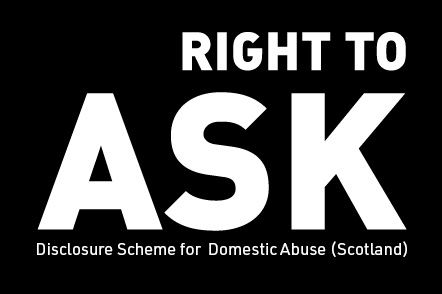Identity theft
Information about identity theft, the warning signs and taking action.
On this page:
Identity theft is when criminals get access to someone's personal information. They then use it to steal their identity.
They could then pretend to to open bank accounts, get credit cards, loans and mortgages or to claim benefits. They could even take over someone's accounts and change the address.
They can steal someone's name and reputation. Then can use this to make money.
How the fraudsters operate
Here are a few ways which these criminals work:
- They search through rubbish to find bills or bank statements
- They target flats where shared mail boxes make theft easier
- They bribe or rob postal workers or purchase the information from other criminals
- They search through unattended bags.
Warning signs
There are a number of warning signs to look out for:
- If you get bills or invoices for goods you have not ordered
- If you get collection letters for debt that isn't yours or
- There are transactions on your bank or credit card statements that you do not recognise
- Important documents such as your passport or driving licence may have been stolen.
Take action
There are a number of steps you can take to avoid falling victim to identity theft:
- Keep all your important documents safe and secure
- When using a credit or debit card, make sure it’s never out of your sight
- Cash machines may have been tampered with. Your cards could be skimmed and cloned
- Never give out your personal details when you’re contacted by phone, fax, post or email
- Always offer to ring back any suspicious callers but check the phone number you are given
- When throwing out documents which contain personal information try to shred them so that nobody could read your personal details
- Always check your bank and credit card statements. Report any transactions you don’t recognise, even small amounts
- Close all accounts you no longer need
- Move your mail when moving home by arranging with the post office to forward your mail to your new address
- Get organisations to send to your new address.
If you think you’re a victim
If you think you might be a victim of identity theft, don’t delay:
- Contact your bank or building society
- Keep a record of all communication
- Report the matter to the police
- Request a copy of your credit report (such as Equifax or Experian) - you can ask for incorrect information to be removed.






